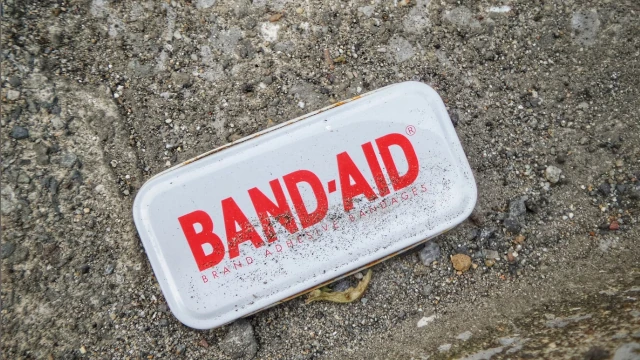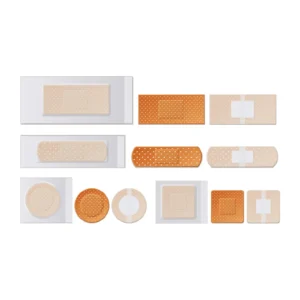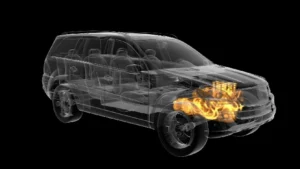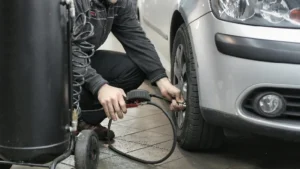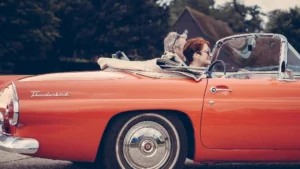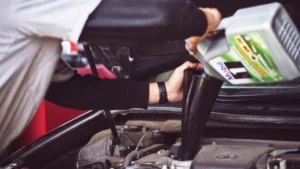When it comes to road safety, being prepared for emergencies is crucial. Having a well-stocked first-aid kit in your car can make a significant difference in handling minor injuries and medical situations while on the road. Here are six essential items that should be in every car’s first-aid kit to ensure you’re ready for whatever comes your way.
1. Basic Bandages and Dressings
Why You Need Them:
Bandages and dressings are the cornerstone of any first-aid kit. They are crucial for covering cuts, scrapes, or wounds to prevent infection and promote healing.
What to Include:
- Adhesive Bandages: Assorted sizes for minor cuts and abrasions.
- Sterile Gauze Pads: Different sizes for larger wounds.
- Adhesive Tape: To secure dressings in place.
- Elastic Bandages: Useful for sprains and securing bandages.
Pro Tip:
Consider including butterfly bandages for holding together small wounds until proper medical care can be reached.
2. Antiseptic Wipes and Ointments
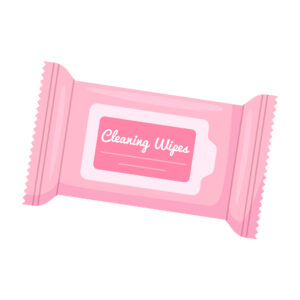
Why You Need Them:
Before bandaging a wound, it’s crucial to clean the area to reduce the risk of infection. Antiseptic wipes and ointments are easy to use and effective for this purpose thus should be included in your car’s first-aid kit.
What to Include:
- Antiseptic Wipes: For cleaning and disinfecting wounds.
- Antibiotic Ointment: To apply after cleaning to prevent infection.
- Hydrogen Peroxide: A small bottle for more thorough wound cleaning.
Pro Tip:
Ensure your antiseptic wipes are individually wrapped to maintain sterility.
3. Pain Relievers and Medications
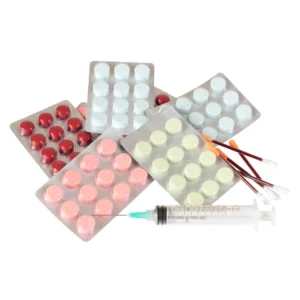 Why You Need Them:
Why You Need Them:
Pain can quickly become a significant issue, especially during long drives. Having pain relievers in your car’s first-aid kit can help manage discomfort until you reach professional medical help.
What to Include:
- Ibuprofen or Acetaminophen: For pain relief and to reduce inflammation.
- Aspirin: Useful for suspected heart attacks, as directed by a healthcare provider.
- Antihistamines: To address allergic reactions.
Pro Tip:
Store medications in their original packaging to keep them identifiable and include dosage instructions.
4. Emergency Tools
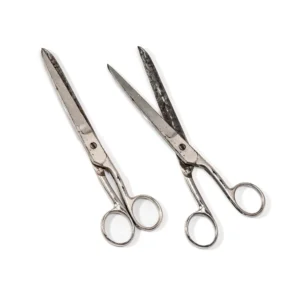 Why You Need Them:
Why You Need Them:
In an emergency, tools like tweezers and scissors can be incredibly useful for removing splinters or cutting dressings.
What to Include:
- Tweezers: For removing foreign objects from wounds.
- Scissors: For cutting bandages and clothing if necessary.
- Safety Pins: To secure bandages and slings.
- Thermometer: To check for fever in case of illness.
Pro Tip:
Opt for blunt-tipped scissors to reduce the risk of accidental injury during use.
5. CPR Mask and Gloves
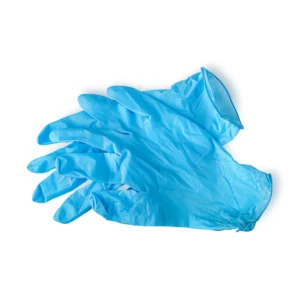 Why You Need Them:
Why You Need Them:
In case of a severe medical emergency, providing CPR safely is critical. A CPR mask can protect you and the person you’re assisting from the exchange of bodily fluids.
What to Include:
- CPR Mask: With a one-way valve to allow rescue breaths while minimizing exposure to fluids.
- Non-Latex Gloves: To protect yourself when providing first aid and to prevent cross-contamination.
Pro Tip:
Choose gloves that are hypoallergenic to accommodate individuals with latex allergies.
6. Emergency Blanket and Cold Packs
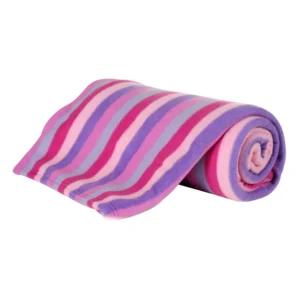 Why You Need Them:
Why You Need Them:
Exposure to the elements or shock after an accident can exacerbate injuries. An emergency blanket and cold packs can help manage body temperature and reduce swelling from injuries.
What to Include:
- Emergency Blanket: Reflective, to retain body heat and prevent hypothermia.
- Instant Cold Packs: To apply to injuries and reduce swelling.
Pro Tip:
Consider including a regular blanket as well for added comfort and warmth in emergencies.
Additional Tips for Your Car’s First-Aid Kit
- Customization
Tailor your kit to meet the specific needs of your family. If someone has a known allergy or a chronic condition, include relevant medications and instructions. - Storage
Keep your first-aid kit in a clearly marked, easily accessible location in your car. - Regular Checks
Periodically check the contents of your kit for expired medications and replace used items. - Education
Familiarize yourself with basic first-aid procedures and the contents of your kit. This knowledge can be invaluable in an emergency.
Being well-prepared with a fully stocked first-aid kit can make a significant difference in how you handle emergencies on the road. Make sure your kit includes these essential items to ensure safety and readiness for any situation.
Preventative Maintenance at Yorba Linda Auto Service!
Our experts at Yorba Linda Auto Service would be more than happy to assist in making you feel safer and checking your first aid kit. For any repairs you need, come on in and see how we can help. Click here to schedule your appointment or visit us at 801 South Lakeview Ave STE G, Placentia, CA 92870!

